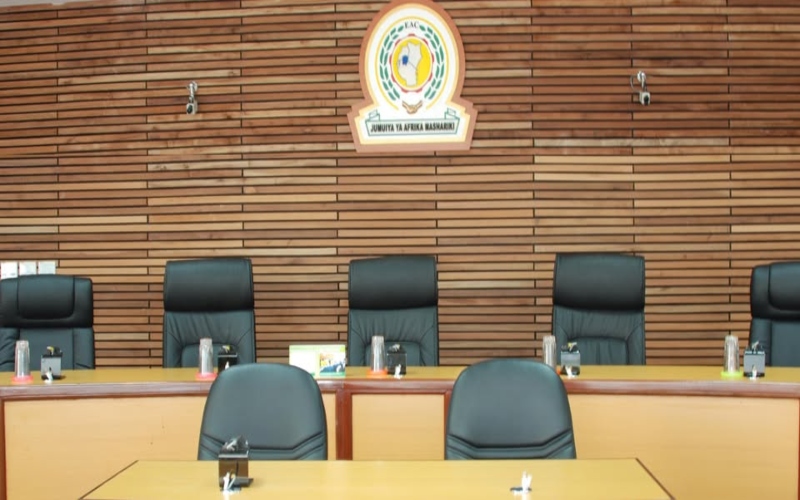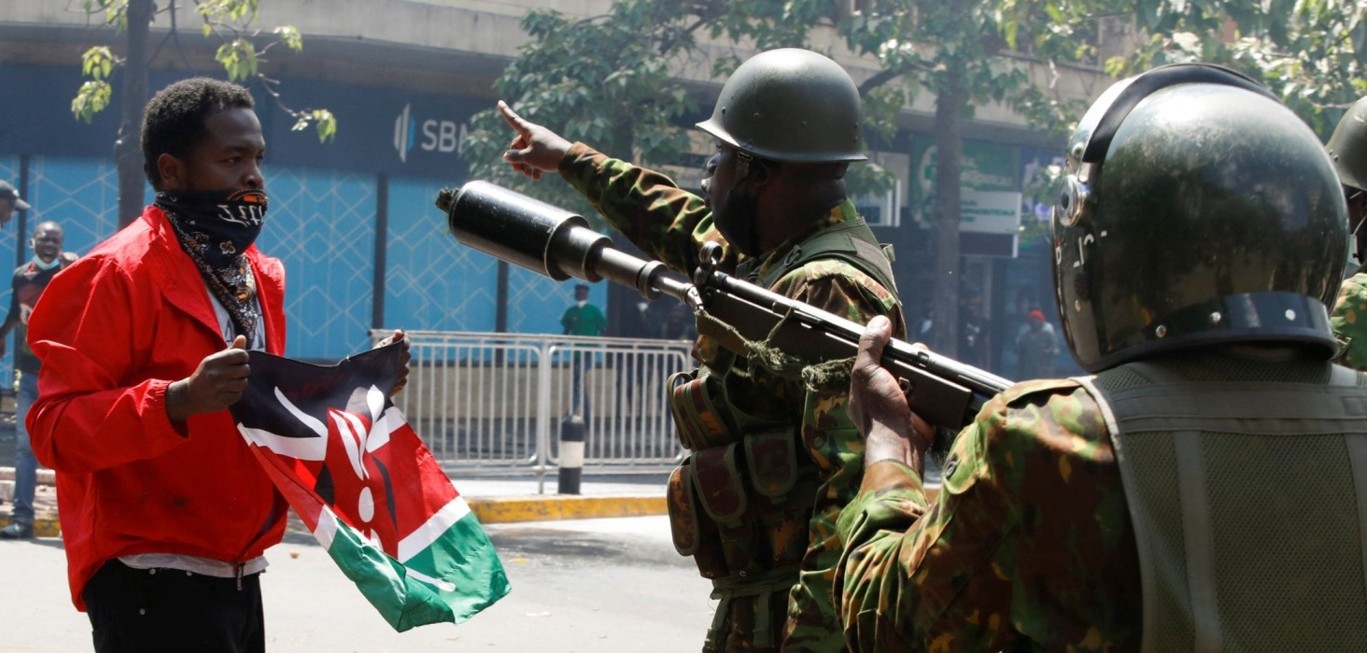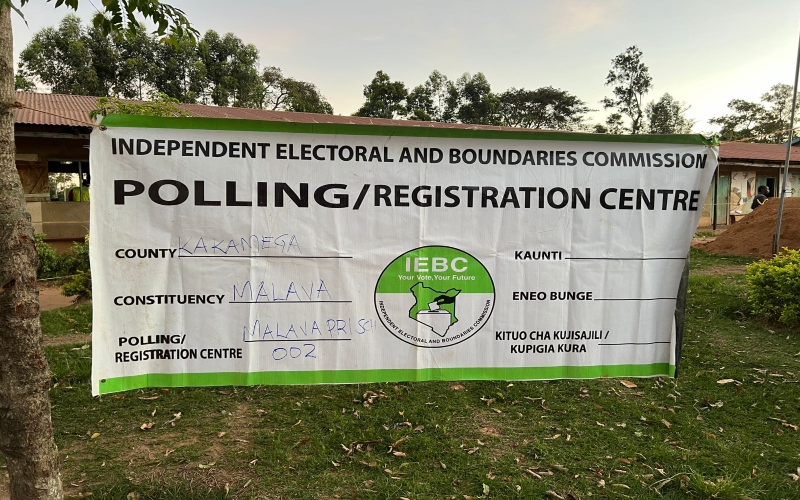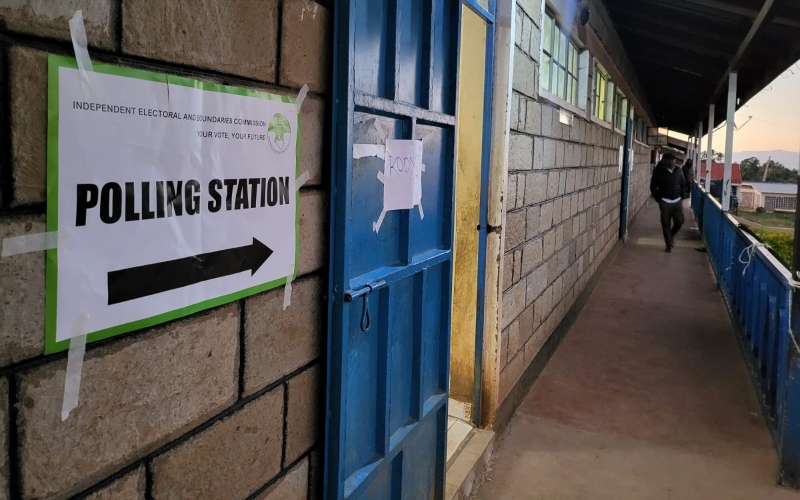KMPDC shuts down 511 health facilities in Nairobi, Wajir and Mandera over non-compliance
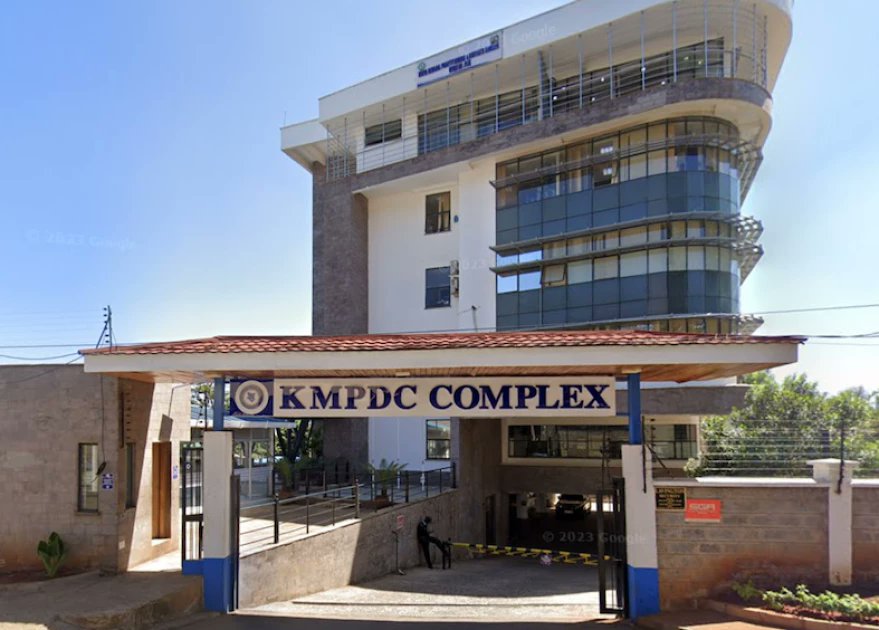
Of these, 376 were in Nairobi, 77 in Wajir, and 58 in Mandera. The facilities were closed for failing to meet the required healthcare delivery standards.
The Kenya Medical Practitioners and Dentists Council (KMPDC) has closed a total of 511 health facilities in Nairobi, Wajir, and Mandera counties for failing to meet minimum infrastructural and operational standards.
Of these, 376 were in Nairobi, 77 in Wajir, and 58 in Mandera. The facilities were closed for failing to meet the required healthcare delivery standards.
More To Read
- Kenya steps up border checks as Ethiopia confirms outbreak of Marburg Virus Disease
- Governors sound alarm as 934 newborns die amid funding row in health sector
- Counties decry handling of hospitals under SHA, accuse Health Ministry of overreach
- Ruto orders all hospitals to report every maternal and child death
- Senate Committee moves to ban detention of patients, bodies over unpaid medical bills
- Ministry warns Kenyans on escalating antibiotic resistance
In a press release, KMPDC Chief Executive Officer David Kariuki said the majority of the facilities lacked essential departments such as pharmacies, laboratories, and maternity units. A further 267 facilities were downgraded, and 31 individuals were arrested.
Poor sanitation and environmental conditions — including inadequate water supply, insufficient sanitation facilities, and poor waste disposal systems — were cited among the key reasons for the mass closures.
The Council also reported that some facilities were operating without valid licences, while others had unregistered medical personnel, posing significant risks to patient safety and undermining the integrity of healthcare services.
Dr Kariuki said the downgraded facilities were found to be incapable of delivering the full range of services for which they were initially registered.
"They lacked essential medical supplies or functional equipment, or were understaffed — missing key personnel such as doctors, clinical officers, nurses, laboratory technicians, and pharmacists," said the KMPDC in a statement.
"These shortcomings meant they could not safely or effectively deliver the services expected at their designated level."
The Council stated that nationwide inspections are ongoing and urged health facilities to ensure availability and cooperation during the exercise.
Dr Kariuki warned that any facility found closed during its expected operating hours will be considered inactive, and will subsequently be marked as closed and removed from the Council’s register.
According to Dr Kariuki, the first phase of the inspection covered 1,525 private health facilities, as sanctioned by the Ministry of Health.
Top Stories Today
